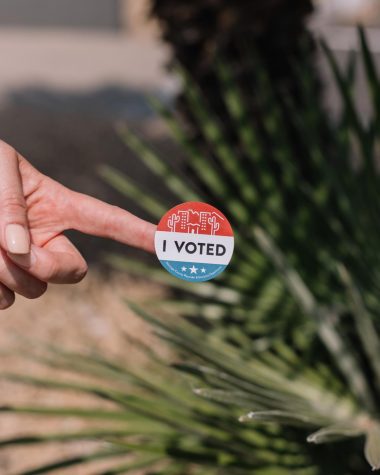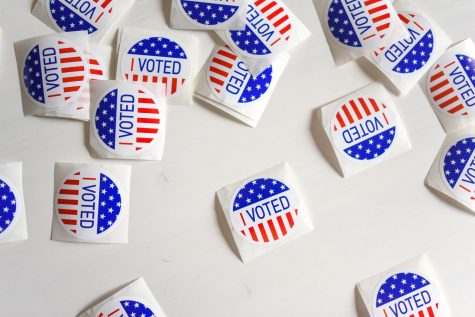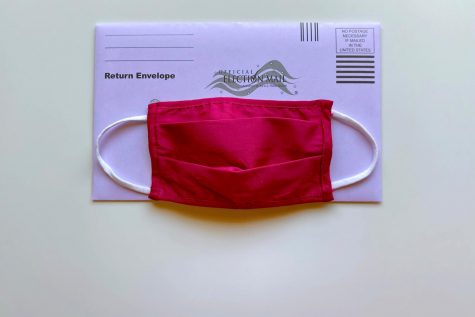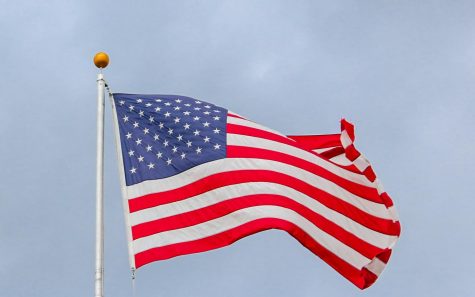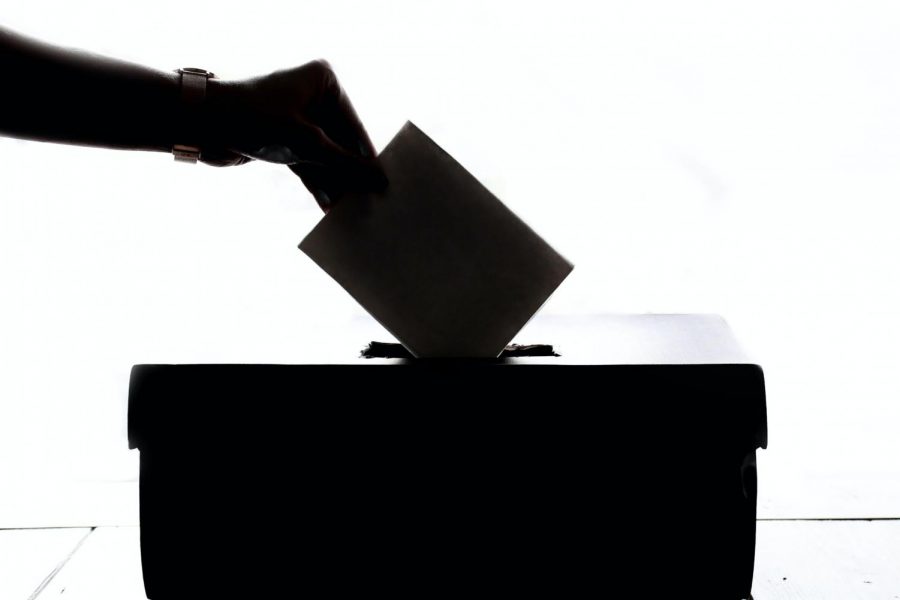Election 2020: Your Vote Counts!
November 3, 2020
The 2020 General Election is this Tuesday, November 3. Talks from celebrities, public figures, and other (specifically Democratic) candidates long before have been urging the American people to get registered and vote. This all comes after political unrest over police brutality and African-American civil rights movements, a global pandemic killing 218,000 Americans, an economic crisis, and ignorance toward other issues such as abortion, (feminism) climate change, and much more.
With this, a record number of voter turnouts were popping up around the state of Texas. According to USA Today, “Roughly 57% of registered voters in the state voted early as of Saturday, shattering previous turnout records with one day of voting ahead. The 9.6 million Texans voting early was a 47% increase from the number of early voters in the 2016 general election. About 735,000 more people voted early this year in Texas than voted in the entire 2016 presidential election, including on Election Day.”
Locally, in San Antonio, there are a few elections on the ballot some might have seen television ads for such as the race for Texas District House 121 between Steve Allison (R) and Celina Montoya (D).
For the Texas Congressional District 21, there is Chip Roy (R) running against Wendy Davis (D). Both candidates have shown strong arguments to their sides in campaign attack ads.
For U.S. Representative TX 23rd District, there is Tony Gonzalez (R) running against Gina Ortiz Jones (D).
For the Texas Senator race, there 18-year senator John Cornyn (R-incumbent) running against M.J. Hegar (D).
Like any fight night, it is the main event that is attended to most above them all. It is the presidential race between Donald Trump (R), who is seeking four more years in the Oval Office alongside his Vice President Mike Pence. His opponent is former Vice President Joe Biden (D), who is having a strong campaign in this race alongside his running mate, Attorney Kamala Harris.
Experts are calling this “the most important presidential of our lifetimes.” They are not wrong, because there is a lot at stake. It is important that all eligible voters vote, if they haven’t already. Whether you will be voting Republican or Democrat this November, YOUR VOTE COUNTS.
Don Nelson is the Social Studies Department Chair. He himself teaches U.S. History classes and a class focusing on the U.S. Government. He breaks down the electoral college and the format of the election.
“Each state has the same number of electoral votes as members in congress… The total number of states each rep has plus two senators, is the amount of each state’s electoral count,” he starts. “The candidate that gets 270 electoral votes, will win the election, so it doesn’t come down to popular vote.”
“In the last election, Hillary actually had more popular votes per the United States. But, because of the system, it goes by states.”
In other words, Hillary won the popular vote nationally. The number of electoral votes in each state, is ultimately given to candidate with the larger popular vote in each state. For example, California has 55 electoral votes. The state likely always votes Democrat. Since the popular vote in California in 2016 was in favor of the Democratic party, Clinton received 55 electoral votes.
Nelson was asked, “Why should people vote?”
He responded, “Number one, I believe that it is your civic duty and responsibility to vote… and if you don’t vote and the candidate you are rooting for loses the election, you don’t get to say anything. You didn’t have a say in the outcome.”
“If you vote and your candidate wins, I don’t think it’s time to hoot and holler, especially where we are at right now,” Nelson continues.
“Our very first president of the United States warned us on ‘the baneful affects of the spirit of party.’ He is probably rolling over in his grave right now to see how divided we are… He was right. We have a two-party system, which is unusual in most countries where they have multi-party systems, and it’s the coalition of those parties that come together and form the majority. But here, we only have right and left.”
Alex Rivard teaches U.S. Government at Central Catholic. He stresses the importance of young and first-time voters. “It’s part of being an engaged citizen but it’s also important for young people and old people to communicate their policy preferences through voting.”
Rivard continues, “We don’t get to make laws as regular people… Laws that I want to get made, can be made if I express my policy preferences through voting. So maybe I want higher or lower taxes, or maybe I want more regulation on the environment or less regulation on the environment. I can express those preferences with who I vote for and who is most likely to carry out the things that I want to happen.” Some eligible Central Catholic students are doing just that this election.
In a recent poll done by the Pep on the Central Catholic Community, Biden/ Harris has an approval rating of 72%, while Trump/ Pence have only 28%.
Ian Almaguer is a senior this year, and says he plans to go to the polls on Election Day. “I’ll be voting for Trump,” Almaguer says. “Mostly for his foreign affairs plan along with his four major peace deals.”
Of course, the numbers of voter turnouts speak for themselves. The New York Times is reporting a nationally 97 Million Americans having already cast their ballots in early voting. The number is just over two-thirds of the total voter turnout in 2016.
Of course, with concerns over COVID-19, many have requested mail-in ballots which will definitely take longer to count and report.
Election Day is November 3, and below is a link to vote.org, which can provide some important and needed information about questions one may have on how to vote, where to vote, and much more.
